The best board games for adults
Our favorite adult board games that don't just rely on shock value.

Board game night with your friends, either as a dedicated event or a casual evening, can be hit or miss. There's so many games "for adults" out there that are popular, but not actually very good, relying on shock value to bring the fun. It doesn't have to be that way. This is a list of the best games for a group of grown-ups that aren't just about innuendo and sex jokes. My selection focuses on games that are great for mixed company and large groups, ones where you have both close friends and acquaintances, but they work just as well for a tight-knit or smaller group.
This list has three kinds of games on it: Party games, social games, and more traditional games. All three fit, but the party games and traditional game choices are more likely to have broad appeal. The social games—specifically Mysterium, Deception: Murder in Hong Kong, and Secret Hitler—are best suited when you know everyone is on board with playing games in the first place.
For a crew of all gamers, you can also check out our more general list of the best board games, which includes some longer, deeper strategy games you can really sink your teeth into. Many of these adult board games will be fun (and appropriate) for younger players, too, but for dedicated all-ages recommendations, check out our guide to the best family board games.
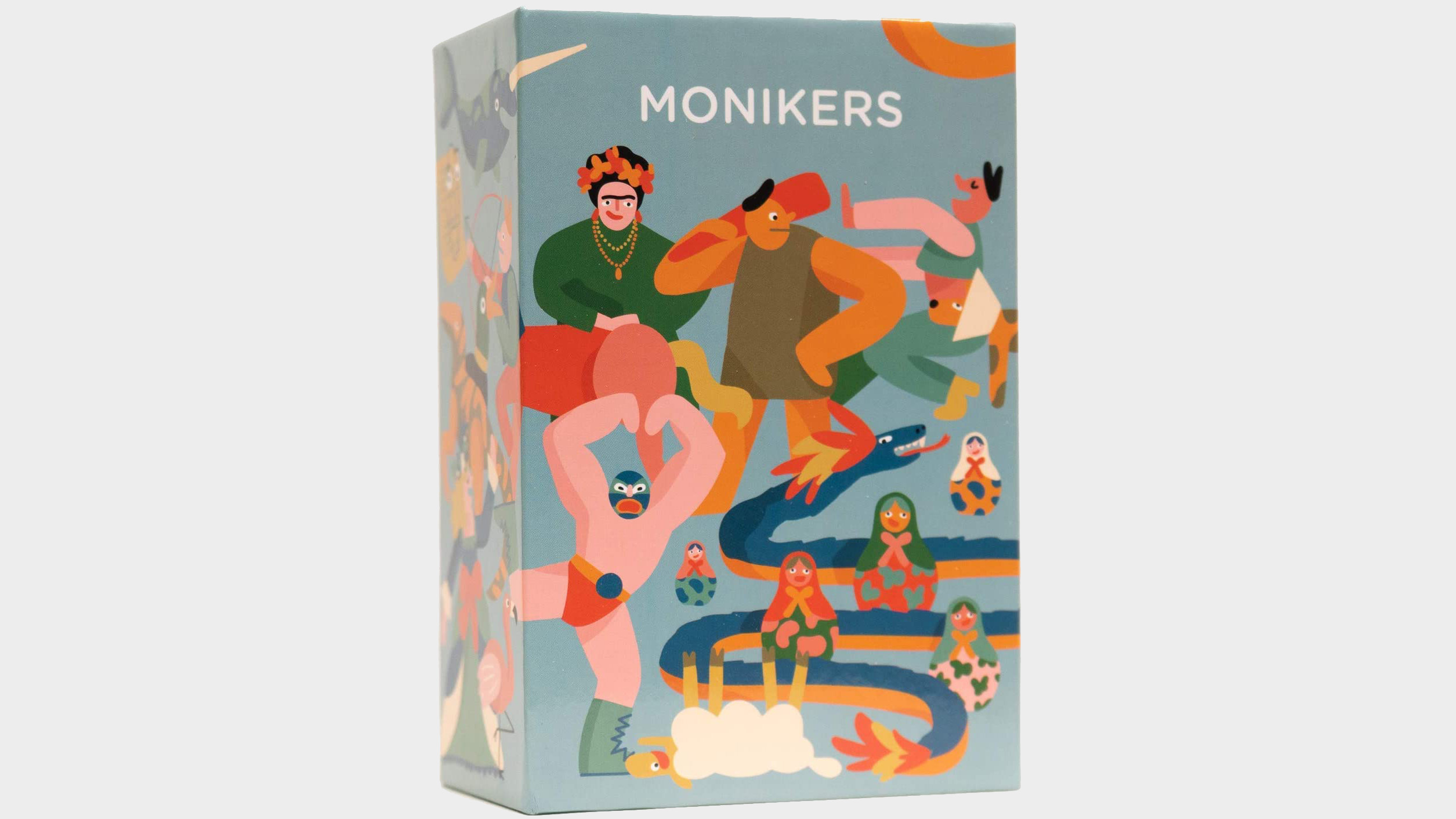
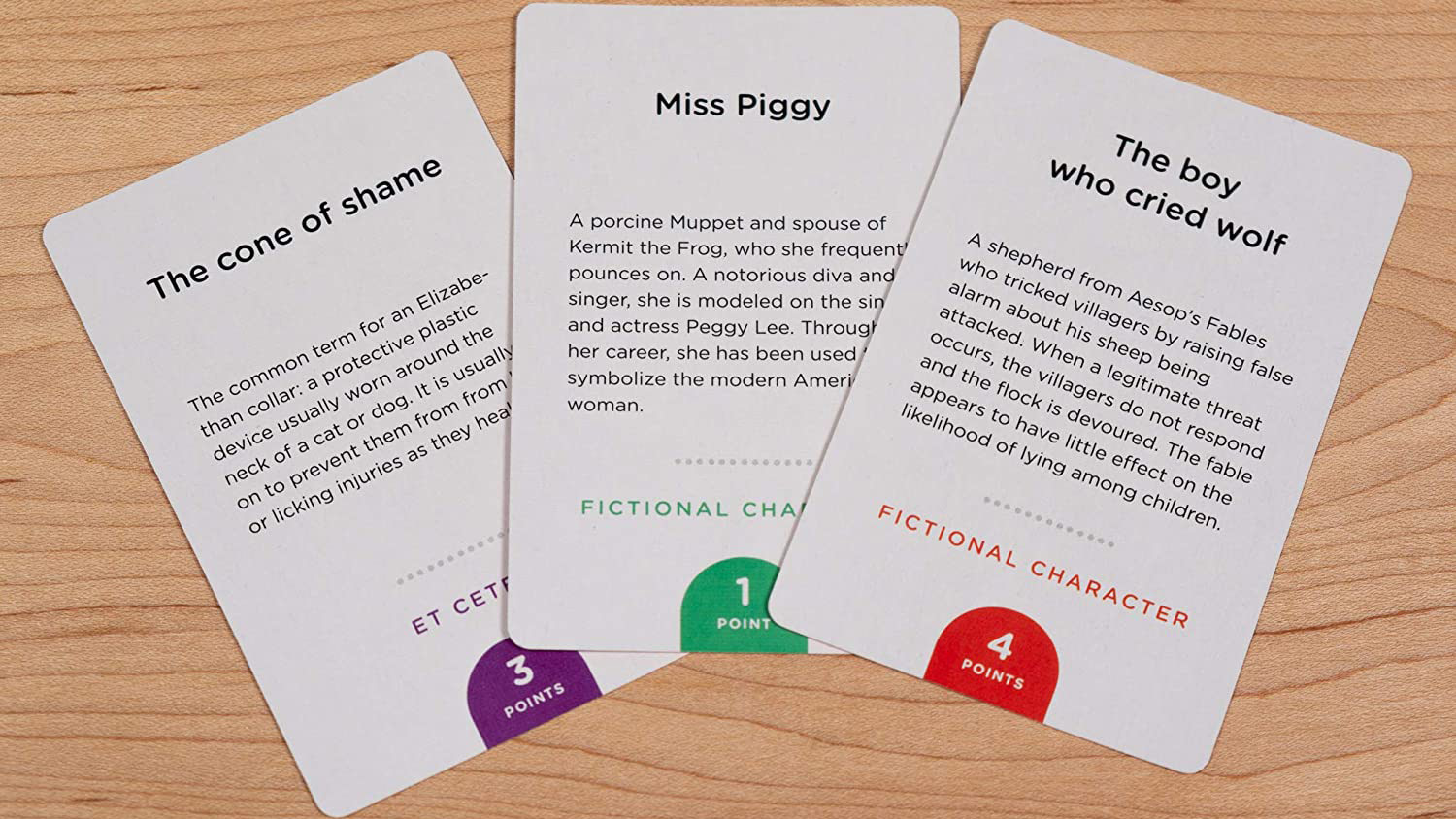
Monikers
Specifications
Reasons to buy
Reasons to avoid
In Monikers you have to get your friends to guess the name written on a card. Each team has 60 seconds over three rounds to get as many names right as they can. In the first round the person giving clues can say anything but the name on the cards. In the second they can only say one word. In the third, they can only make gestures. Monikers is, hands down, one of the best party games there is.
You use the same selection of cards for each round, so Monikers becomes an instant inside joke generator as you try to make the most ridiculous ways to remember the names so your friends can quickly guess and your team gets more points. It either stays pretty clean, or with some groups, gets extremely filthy. You know which group your friends are already, you degenerate.
You might know that Monikers is a lovely implementation of a folk game called Celebrity or Celebrities. This just gives you cards to play it with so you don't have to take twenty minutes explaining the game and then rip up paper and make everyone write stuff down.

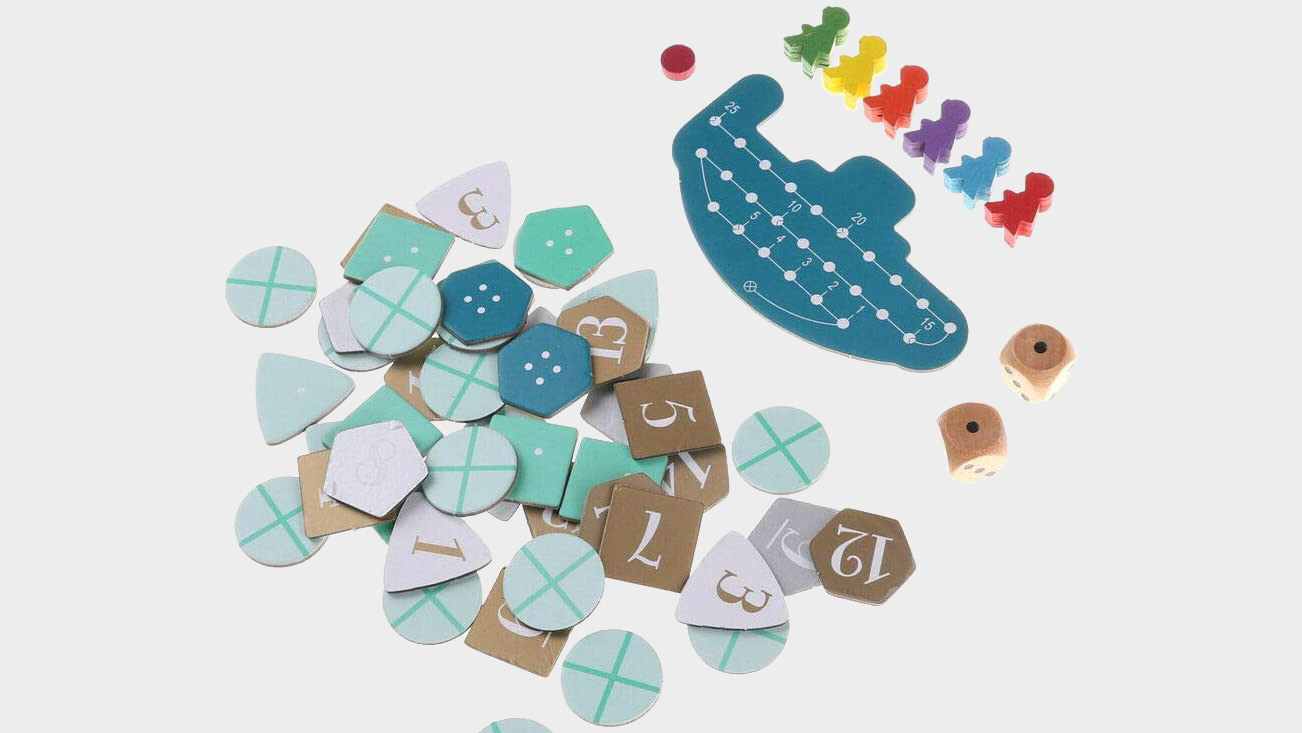
Deep Sea Adventure
Specifications
Reasons to buy
Reasons to avoid
A compact little game that travels very well, Deep Sea Adventure is a push-your-luck game of guessing whether or not you're going to drown. Each player is an undersea explorer hoping to strike it rich, but they have to share their air and submarine with the other players. Each round the players go out and try to find treasure, with valuable treasure being further from the sub. Going further means you could run out of air before you return—in which case you get nothing. How long will the air last? That's anybody's guess.
The biggest gaming news, reviews and hardware deals
Keep up to date with the most important stories and the best deals, as picked by the PC Gamer team.
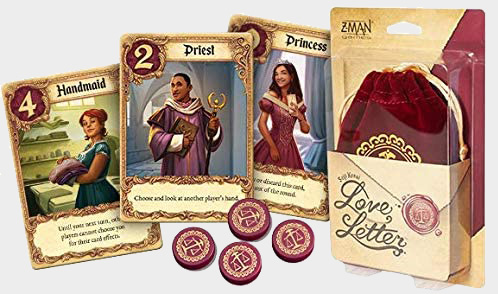
Love Letter
Specifications
Reasons to buy
Reasons to avoid
Love Letter is a clever little game of just 16 cards, or 32 for editions that play with 5-8 people, and it was an absolute craze when it was released in English back in 2012. It was such a craze, actually, that you can get Love Letter themed in just about any way you'd like: Batman, Adventure Time, Star Wars, Wedding Edition, Letters to Santa—you get the drill. (This is not even to mention the sheer variety of versions available in its native Japanese.)
Anyway, it's an easy game where each round you pick a card and use it. Each card has a power, and the goal is to be the last person standing at the end of the round—that is, the person with the highest value card. It takes a round or two to learn, but it plays so quickly that even the least engaged players pick up the strategy fast. This is a great game for a group of adults because it's sincerely competitive, but has just enough of a random element that anyone can come out on top.
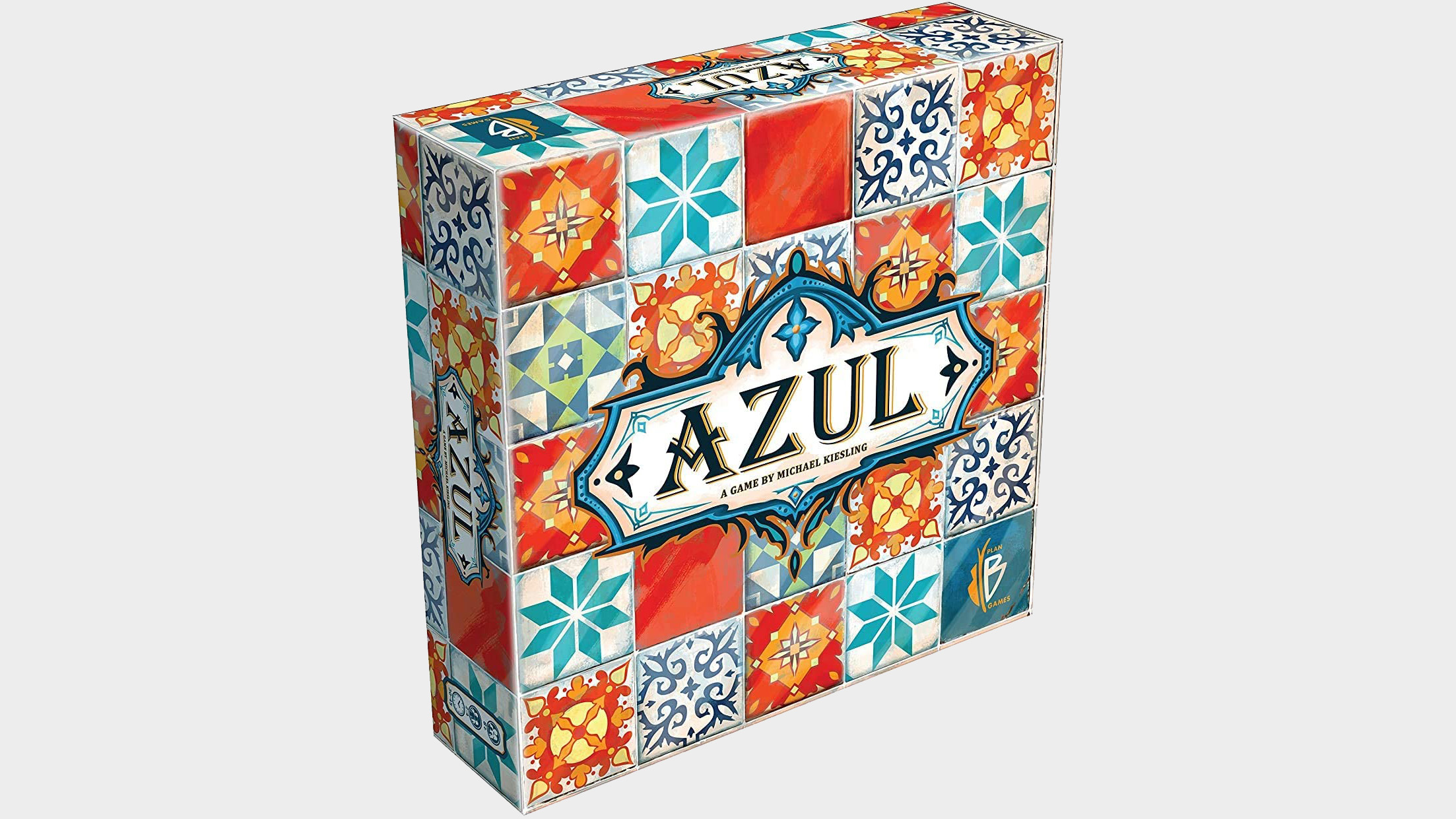
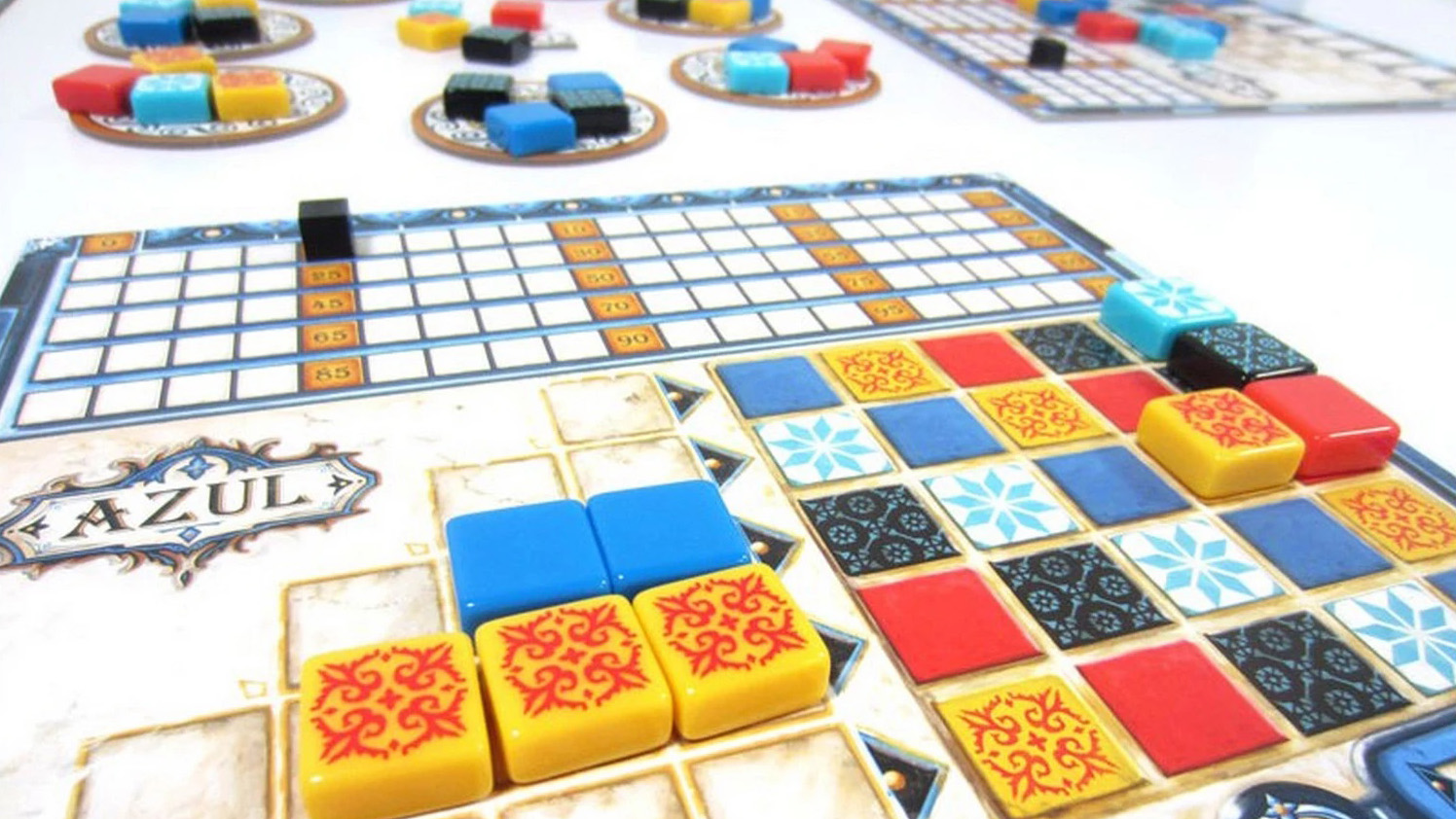
Azul
Specifications
Reasons to buy
Reasons to avoid
Pick some tiles. Make the tiles into a pretty mosaic. Match the colors right and you get a bunch of points. Points are good.
That's a simple way to describe Azul, a game that typifies "easy to learn, hard to master" with its clever mix of spatial and mathematical tile placement. Near anyone can grasp the basics, but mastering which tiles to draft from the center and how you can place them is a brilliant conundrum. There's always a good move in Azul, but being the one in the group to find that move is the hard part.
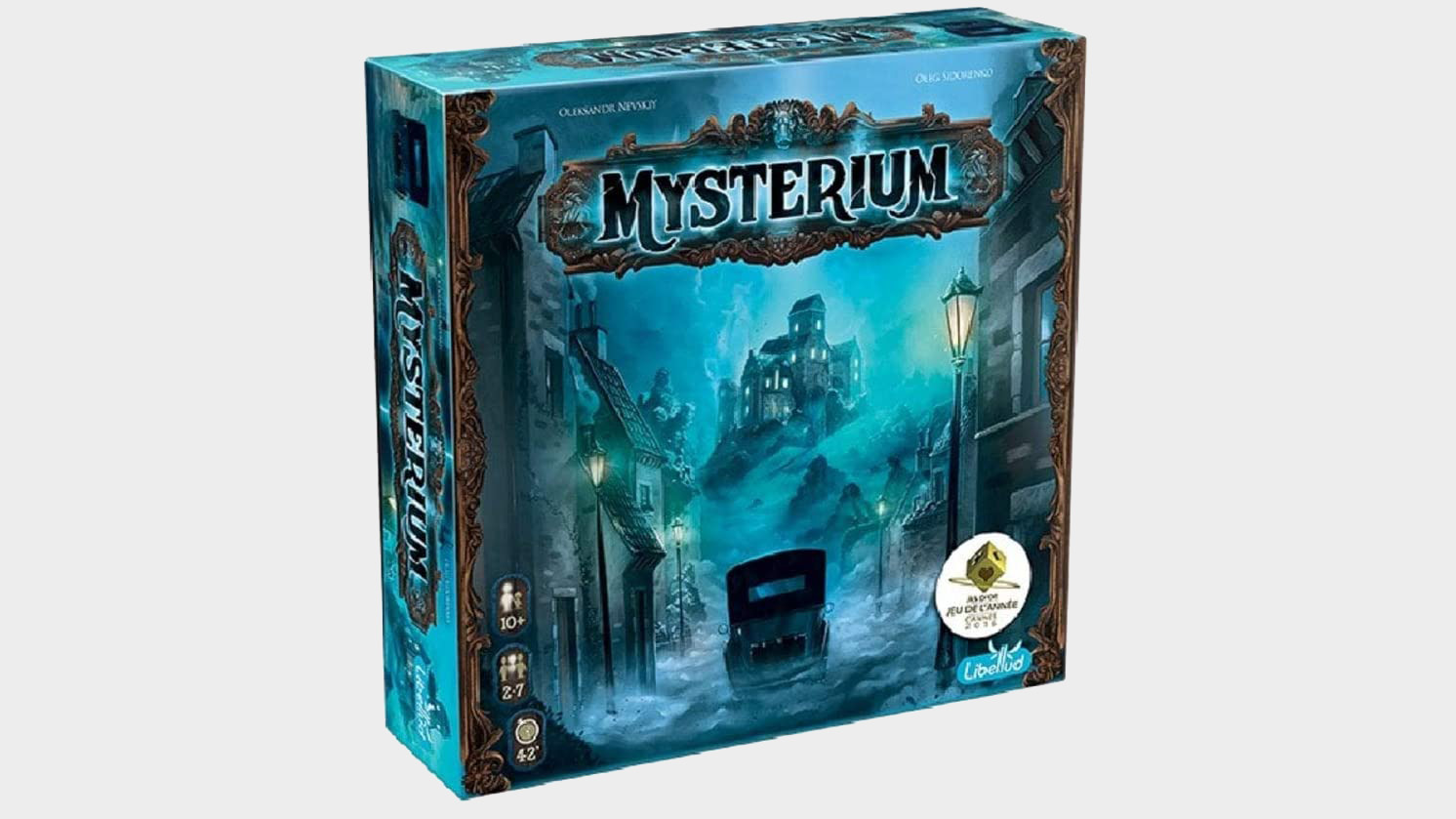
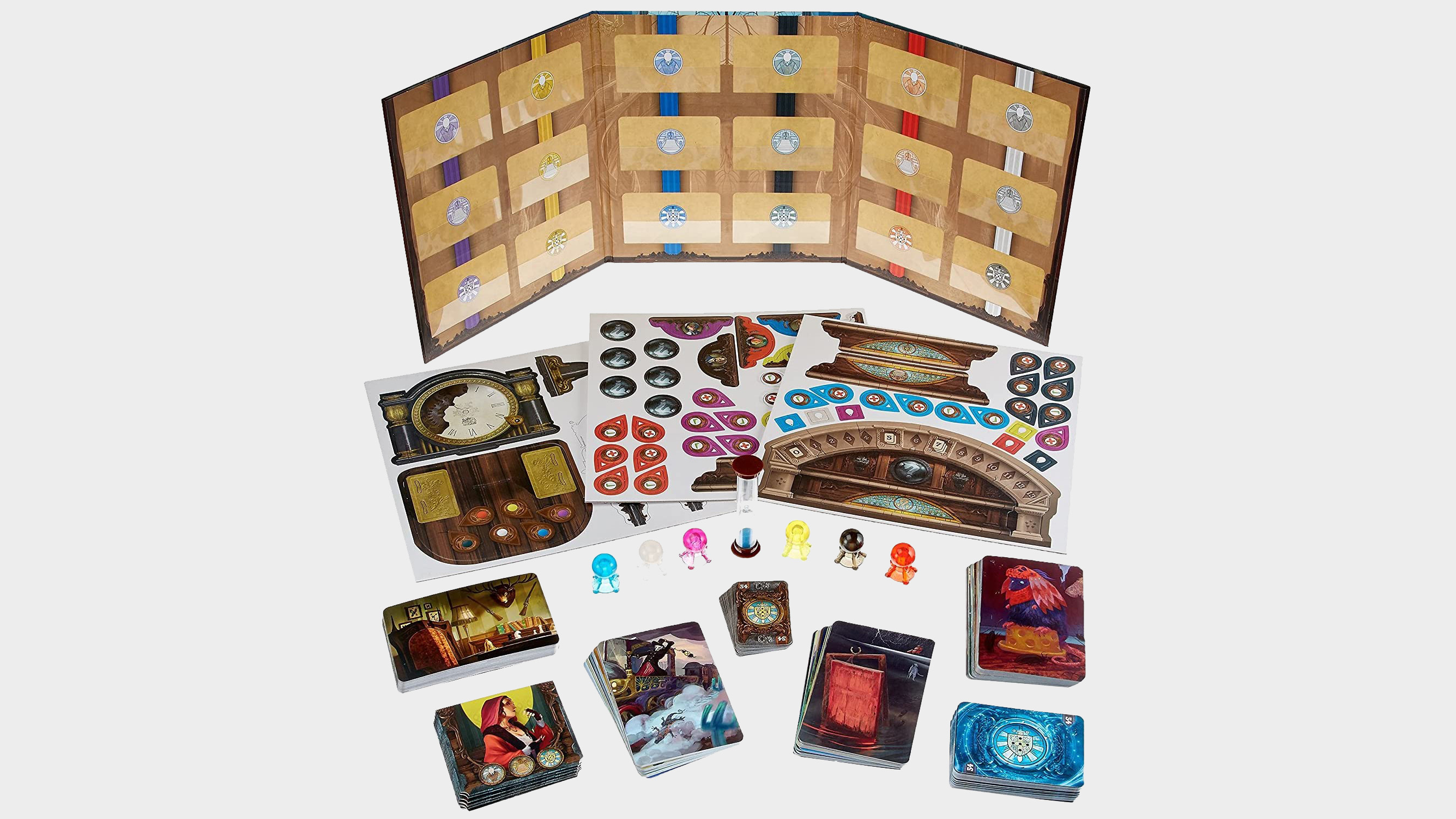
Mysterium
Specifications
Reasons to buy
Reasons to avoid
Mysterium is a simple game. One player is a ghost, the other players are psychics whose job it is to figure out who murdered the ghost, with what weapon, and where. Problem is, the ghost can only communicate through mysterious, strange visions. If the psychics can get enough clues, they solve the mystery and everybody wins.
What makes Mysterium so fun is all the beautiful and lavishly done art, surreal and real, that decorates its cards. Figuring out which symbol or color on the card the ghost wants you to pick up on is a fine art of getting to know another person, their thinking, their proclivities, very well. I know people who own two or three editions of this game in various languages simply because every one has its own take on the theme and art used.
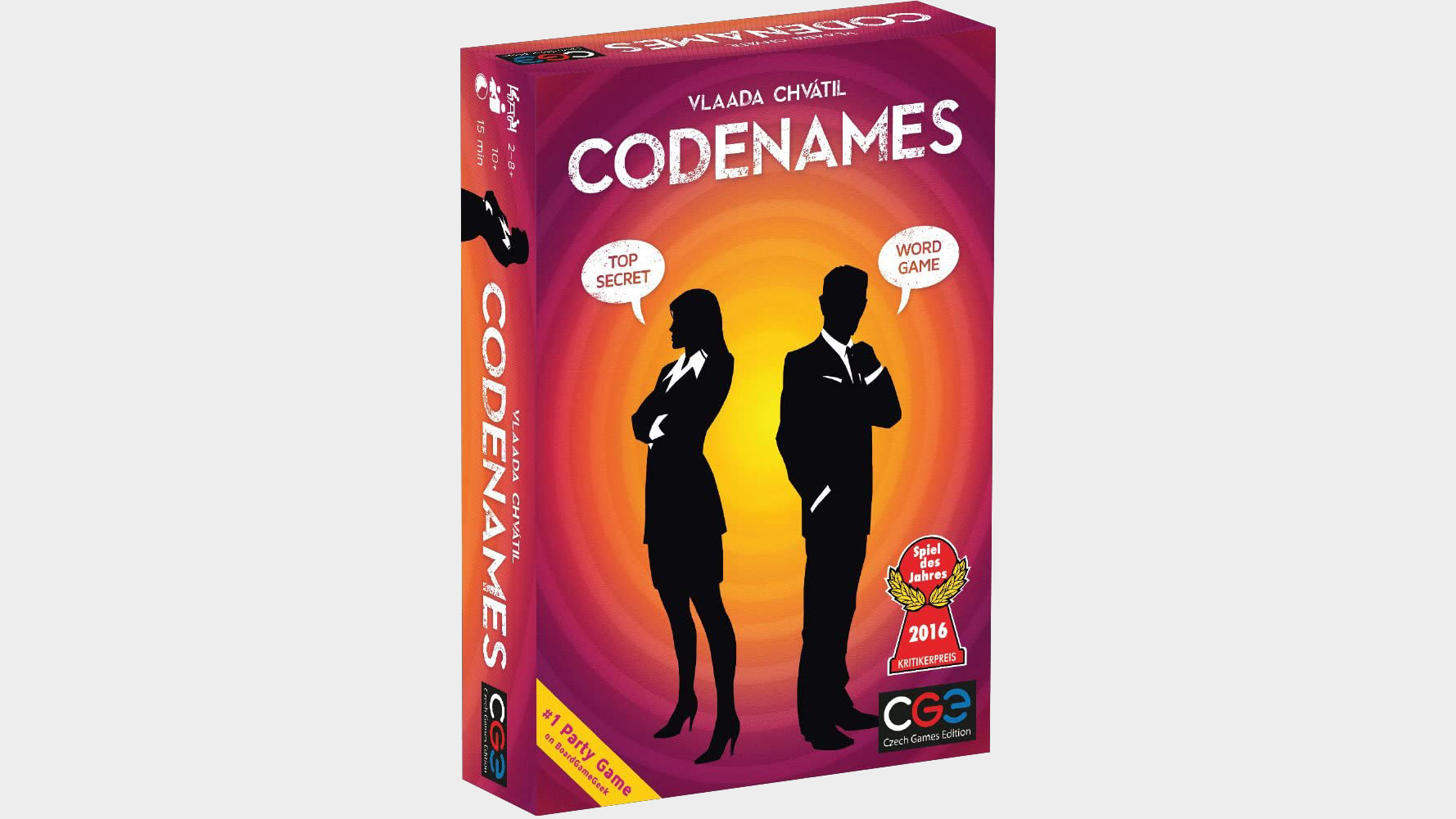
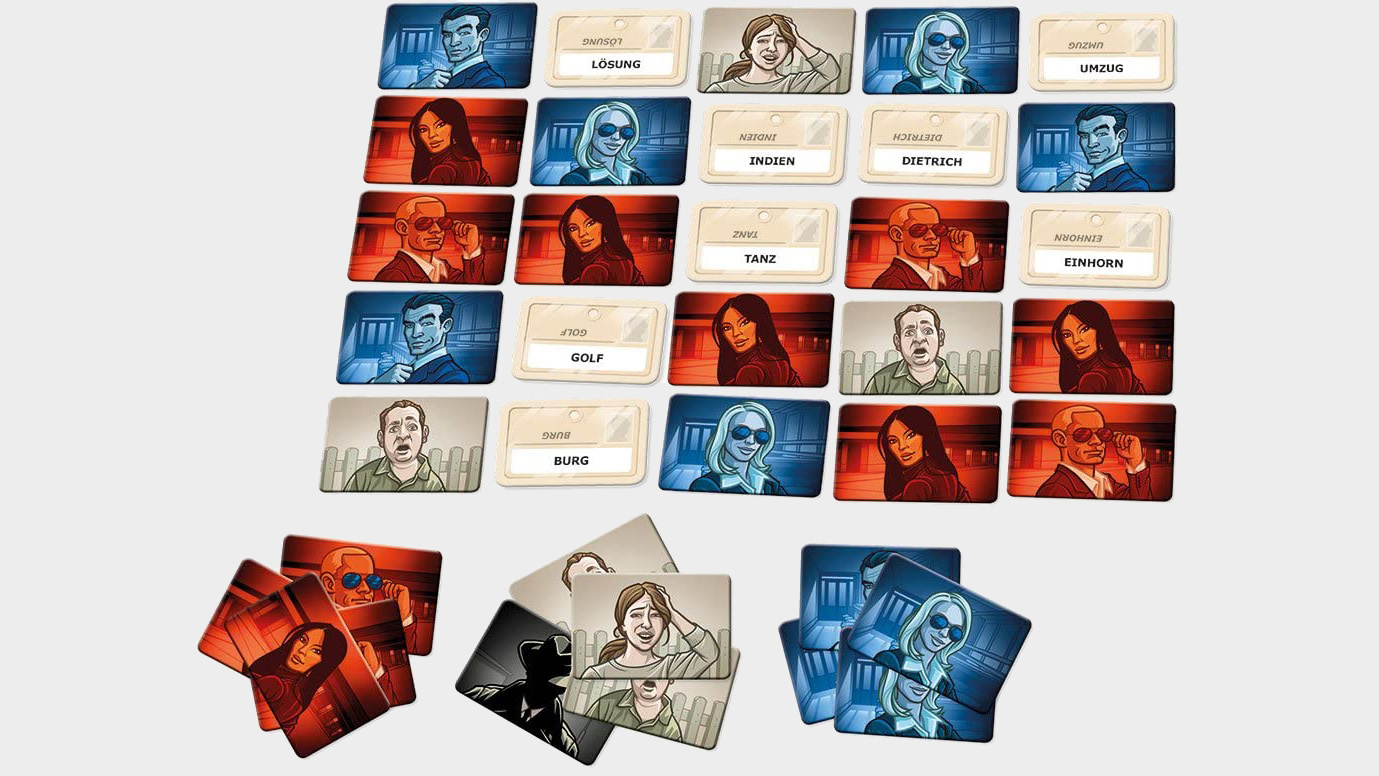
Codenames
Specifications
Reasons to buy
Reasons to avoid
There are two teams. Each team has a spymaster whose job is to get the players on their team to guess one of several words on the board. Each round they get to give a one-word clue which ideally points to more than one of those words, and then their players have to guess those words—but hidden among those words, the Codenames, are the other side's spies. And assassins which will lose you the game instantly. Simple to set up, endlessly fun, Codenames is yet another game that generates a thousand of its own in-jokes and memes.
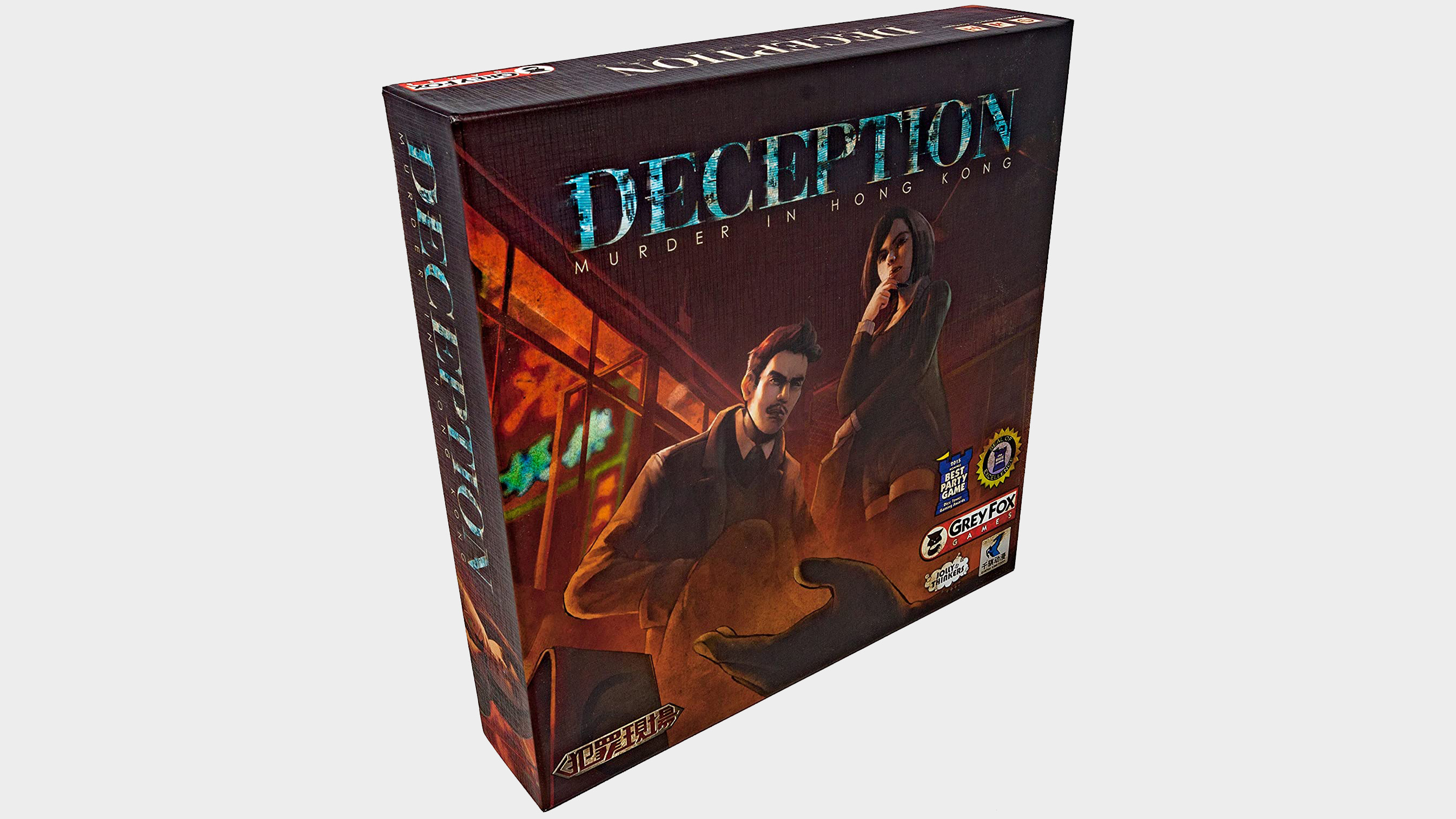
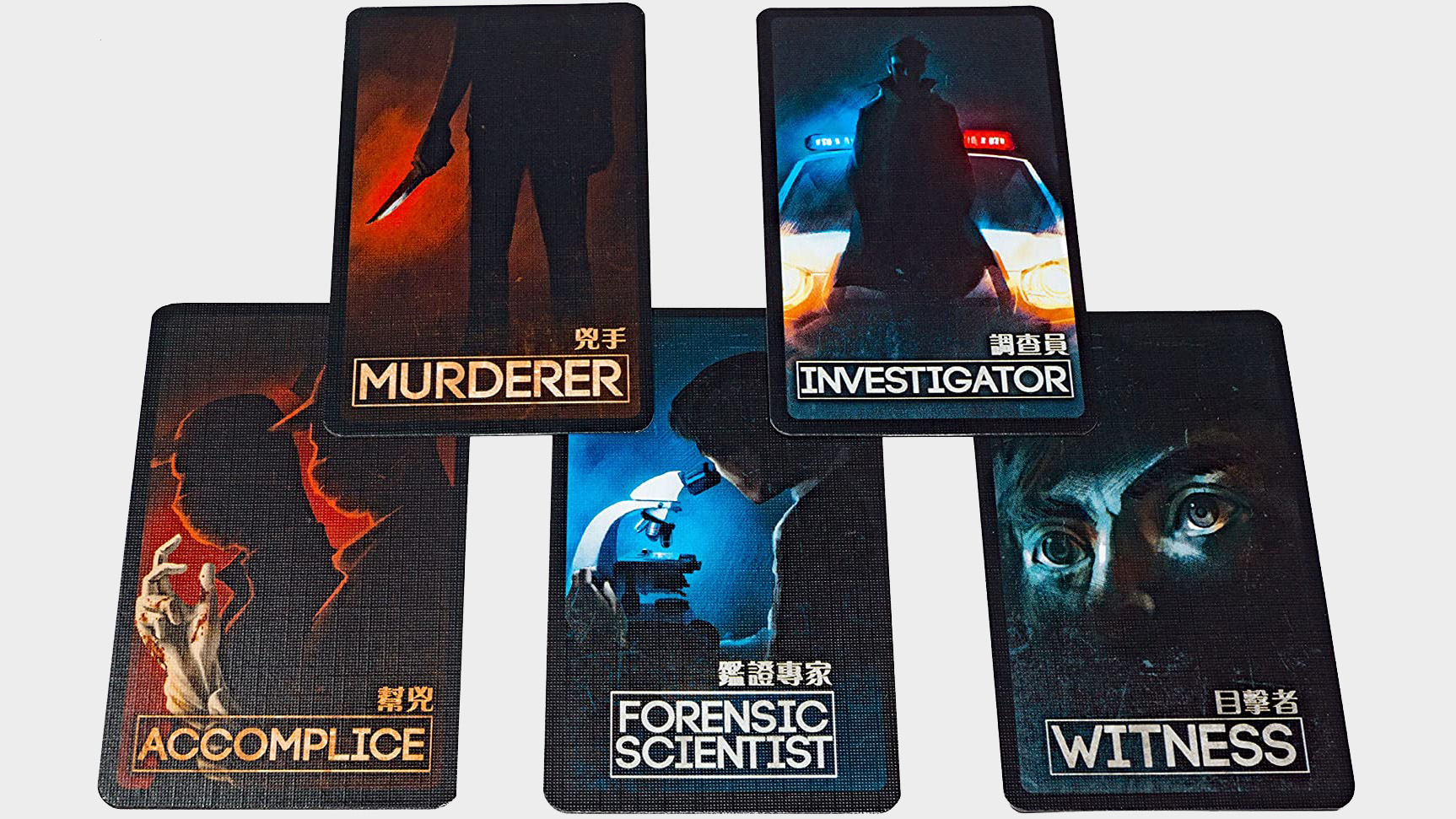
Deception: Murder in Hong Kong
Specifications
Reasons to buy
Reasons to avoid
Social Deduction games are fun with a crowd, but among like-minded adults they really stand out. Here's the best one from the last 10 years. Deception: Murder in Hong Kong plays with a crowd, up to 12, and has players as a team working or surrounding a murder case. The twist is that one of their own did the crime.
Each player has a role: Investigator, Forensic Scientist, Witness—or perhaps the Murderer, or their Accomplice. The investigators have to figure out the clues the Forensics team turns up, all the while hampered by the actions of the murderer. Simple game, lovely components, well-themed: Can't go wrong with this one.
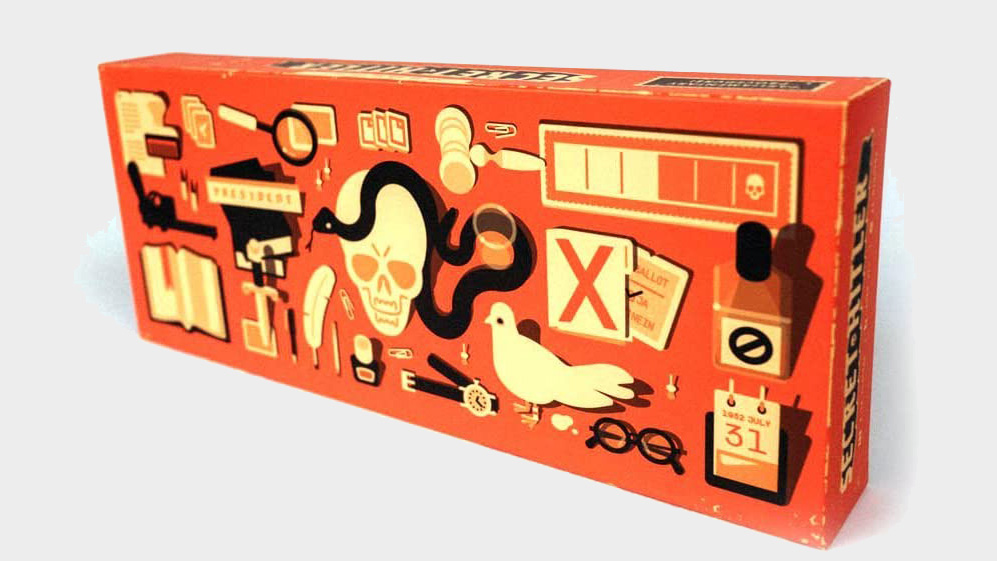
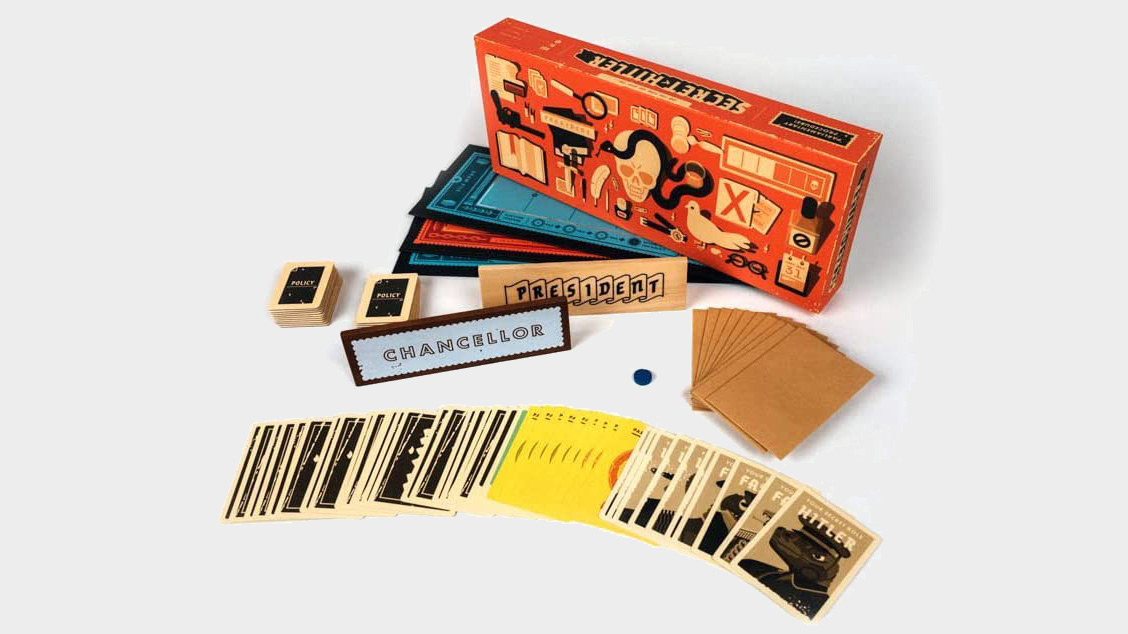
Secret Hitler
Specifications
Reasons to buy
Reasons to avoid
Here's the other great social deduction game from the last decade. Each player is a liberal or a secret fascist, and one player is secretly Hitler. If the secret Fascists get enough laws passed and get Hitler elected Chancellor, then they win.
Each round players elect a President and Chancellor, who then enact a law from a deck of random laws. As the government becomes more fascist, the fascists get more powers to enable the slide into chaos. The liberals have to stop the fascists by liberal laws… or by figuring out who Secret Hitler is and assassinating him.
Beautiful graphic design and high-quality components solidify Secret Hitler as a winner. (If Hitler isn't your thing per se and you prefer your eugenicist racist fascists to be fictional wizards, there's a fan retheme out there called Secret Voldemort you can print and play.)
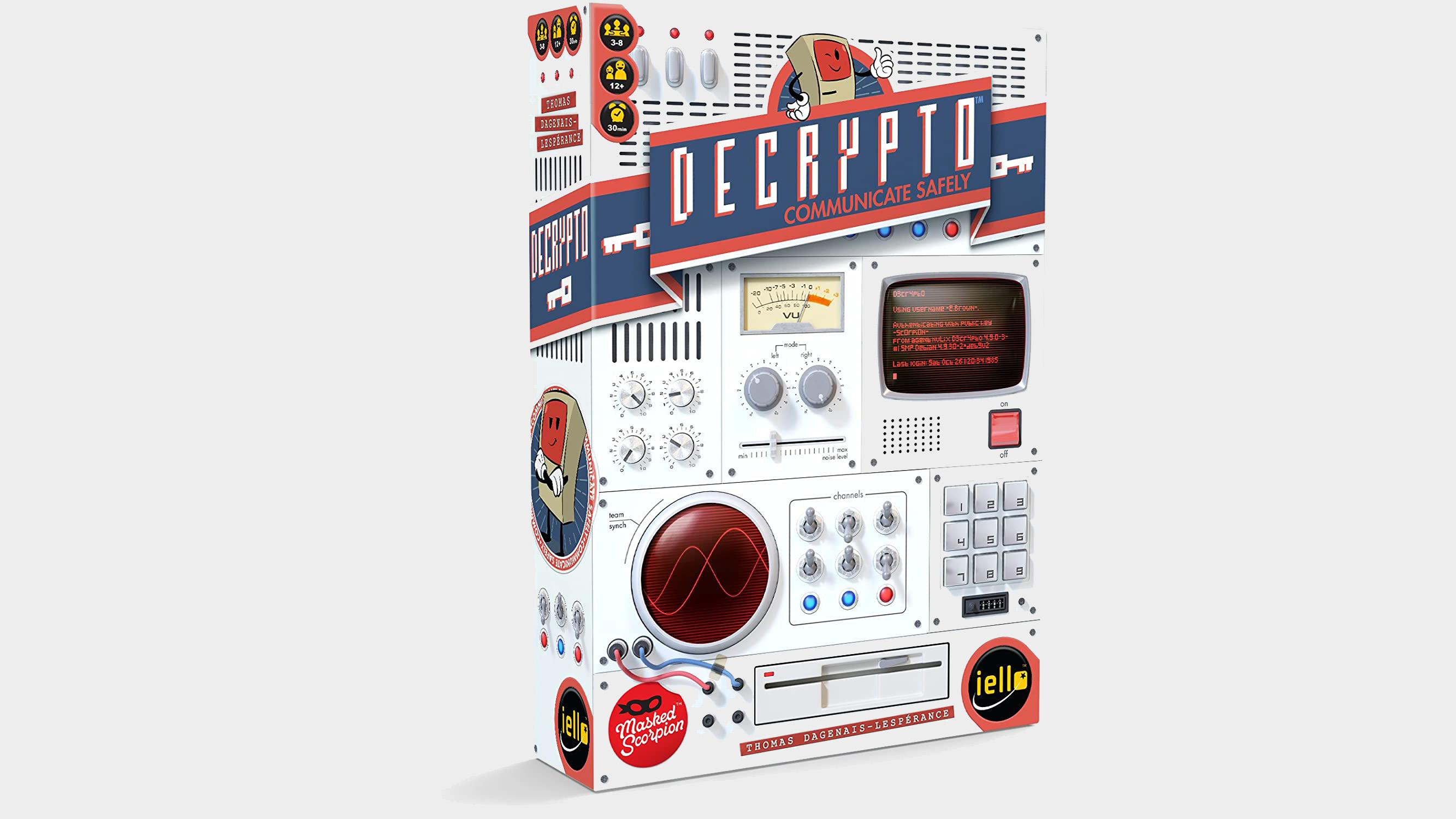
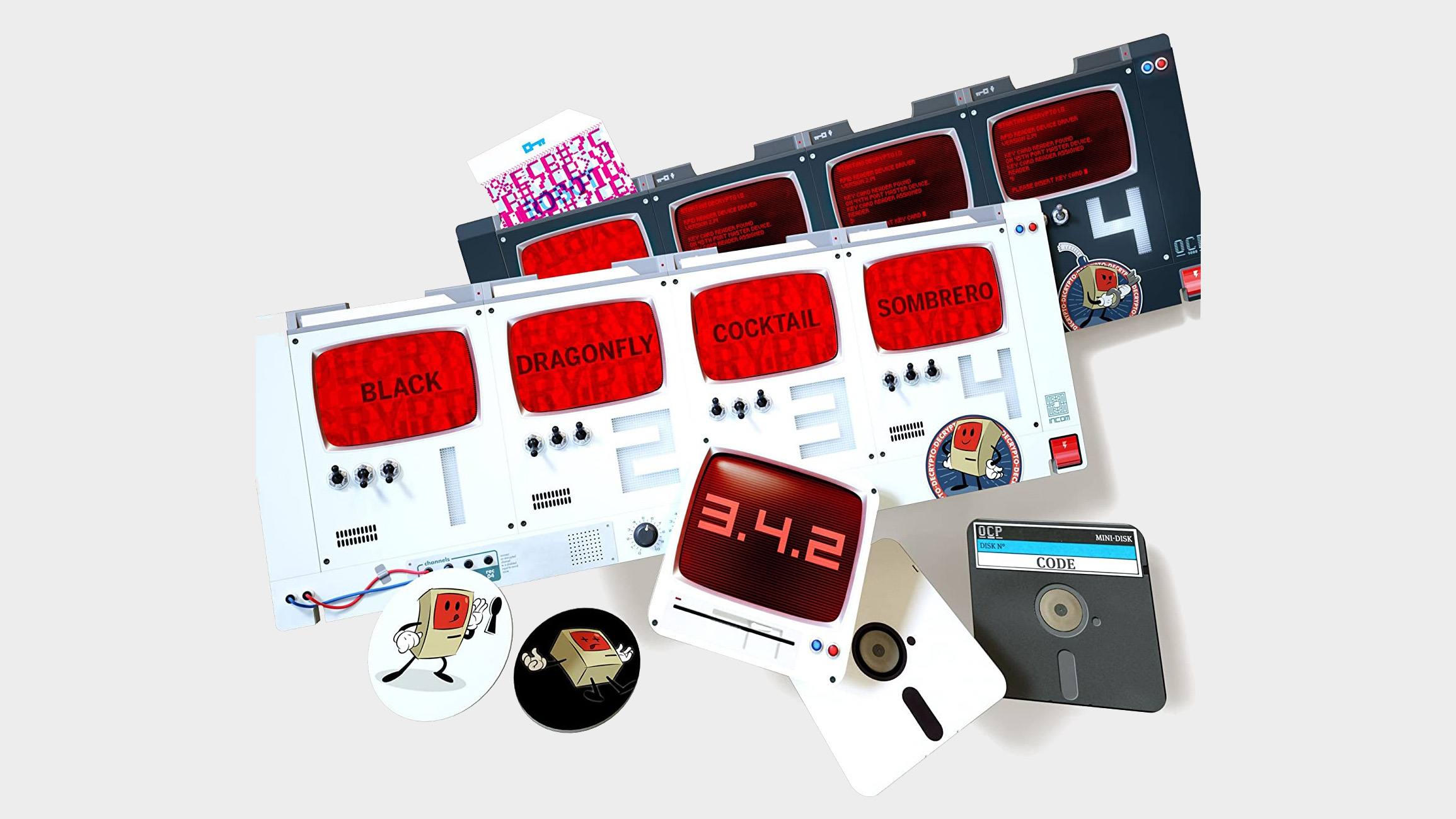
Decrypto
Specifications
Reasons to buy
Reasons to avoid
A brilliant team game of puzzle and counter-puzzle, in Decrypto your team has to interpret their own code correctly while trying to crack the other team's code. The trick is to not give anything away while you're talking amongst yourselves. Like Codenames, this is a game of giving clues and guessing words, but it's a bit more complex. A great game and an instant hit if everyone you know likes puzzles; otherwise pick Codenames as your word game for adults.
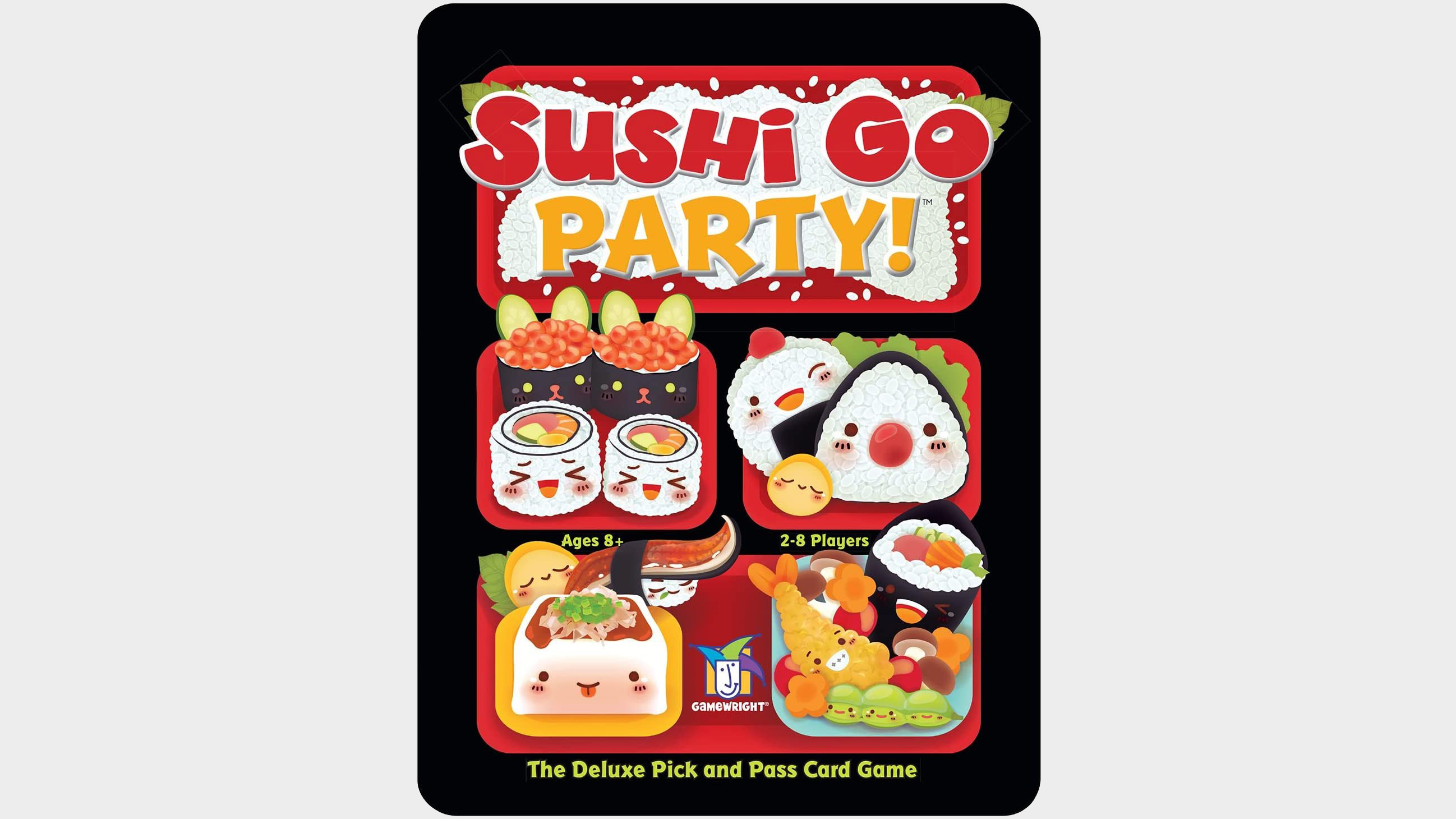
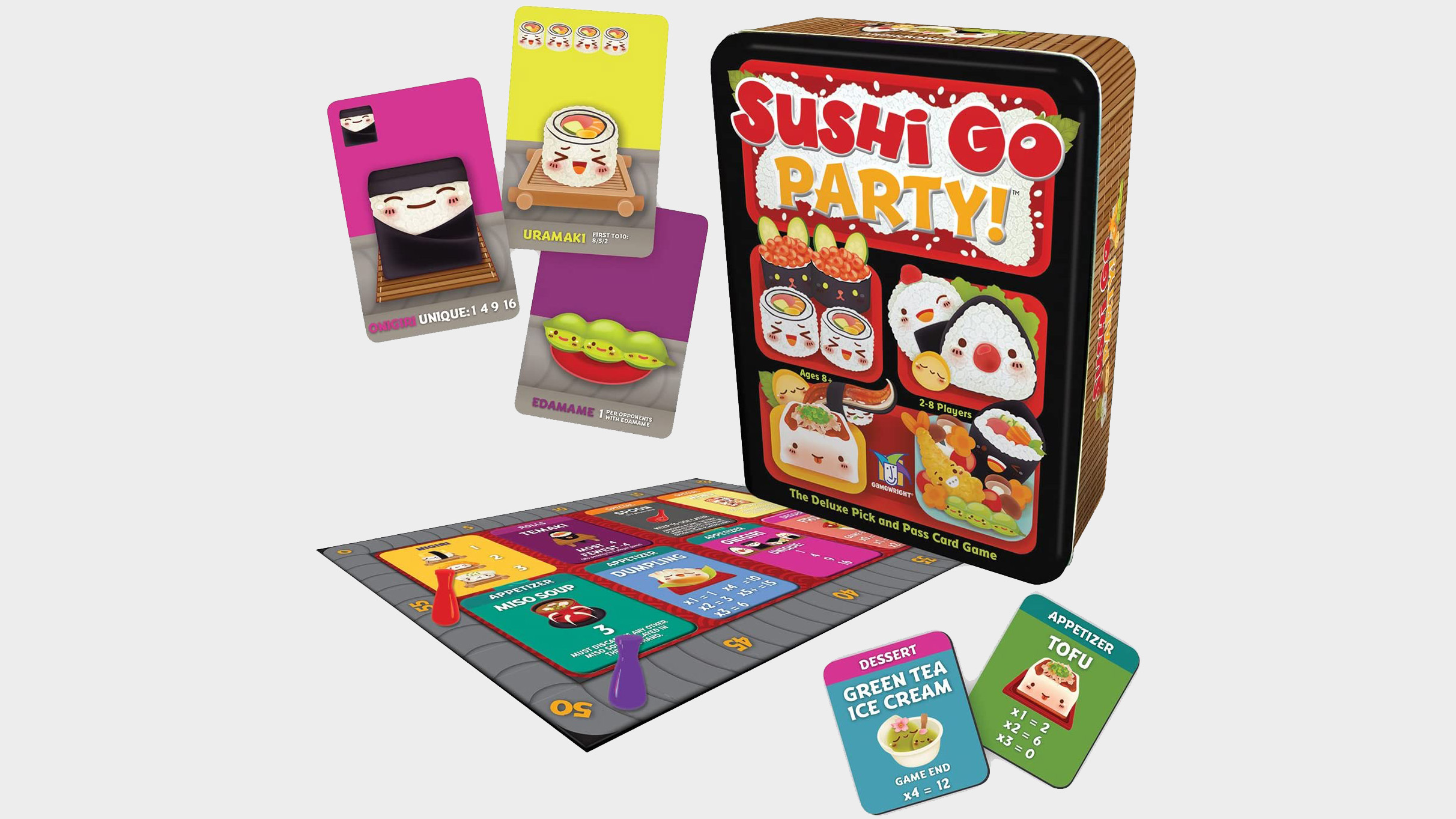
Sushi Go Party!
Specifications
Reasons to buy
Reasons to avoid
Sushi Go is a very fun board game, and one I've thought about putting on the PC Gamer best board games list a bunch. Once you've got a decent-size group of people, though, its expanded sibling Sushi Go Party really stands out from other casually competitive card games. In Sushi Go you pass hands of cards around from person to person, picking one at a time, to try and collect a set of sushi that go well together to score the most points. It's like being at a conveyor belt sushi restaurant, right? Except the sushi has tiny adorable faces.
Sushi Go really stands out because it's fun to collect your sushi no matter how you're doing on points, so non-competitive players have fun too. It's the kind of game you can easily and quickly convince a group to play if they'd otherwise play a game like Uno.
Jon Bolding is a games writer and critic with an extensive background in strategy games. When he's not on his PC, he can be found playing every tabletop game under the sun.

